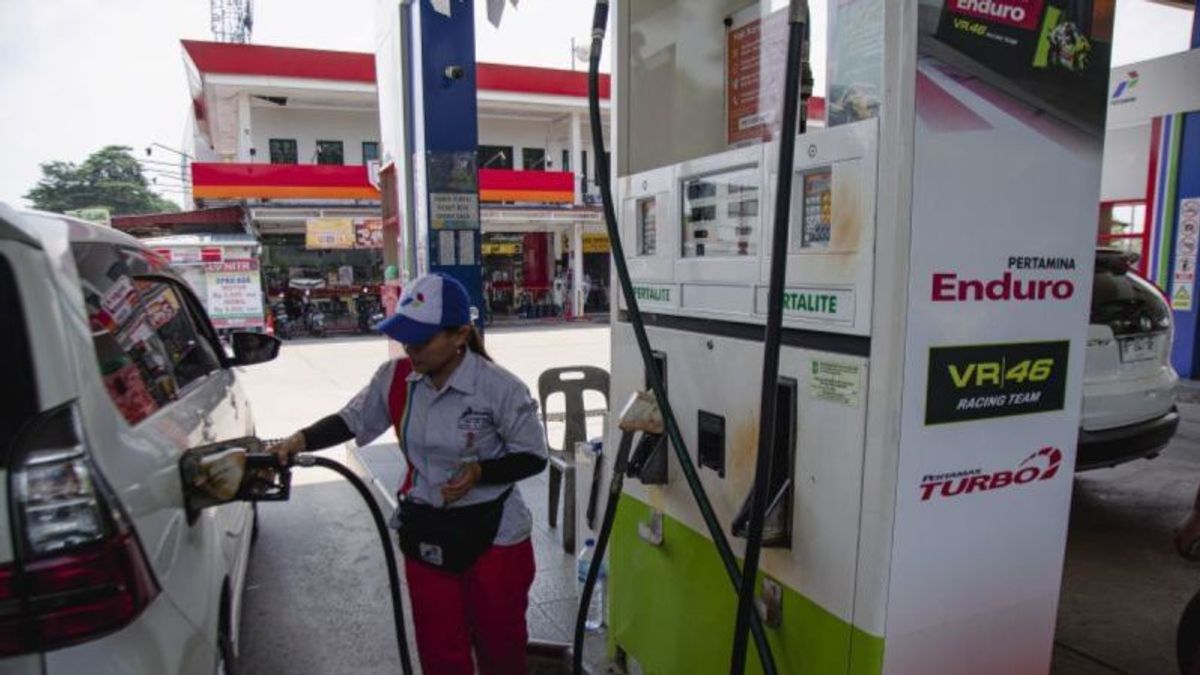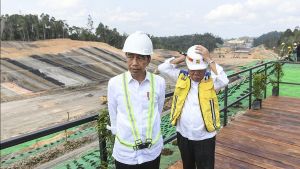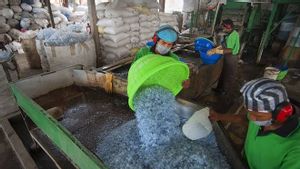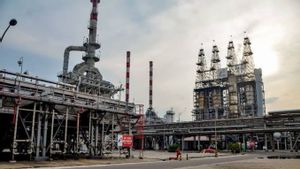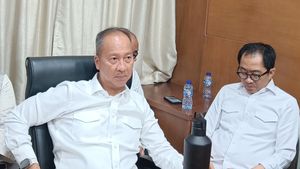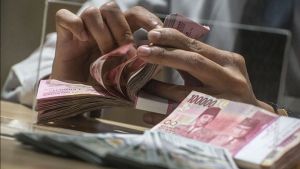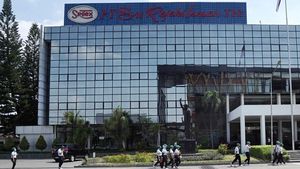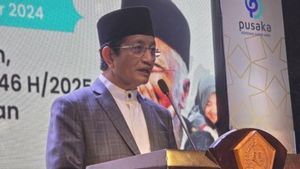JAKARTA - Indonesia's Center of Reform on Economics (CORE) senior researcher Muhammad Ishak Razak assessed that the discourse on adjusting fuel oil subsidies (BBM) could target restrictions on four-wheeled private vehicles rather than for all types of vehicles.
This scheme can redirect targeted subsidies and open budget space to procure low sulfur fuel
"If adjustments apply to private passenger vehicles that consume 43.1 percent of subsidized fuel, the impact of inflation is around 0.37 percent," said Ishak as quoted by ANTARA, Thursday, August 15.
According to him, this scheme is more appropriate than the overall elimination of subsidies, which will result in inflation of 5.3 percent.
Ishak mengungkapkan, saat ini populasi kendaraan penumpang pribadi sebanyak 29.7 juta unit.
Meanwhile, the population of motorcycles and public transportation as many as 113.8 million units consumed 53.9 percent of subsidized fuel.
He added that as many as 10 percent of the lowest economic household or 250 million people in Indonesia spend Rp108,400 per month on fuel costs, while the top 10 percent spends Rp482,700 per month.
However, he said, because the income of the lowest community was limited, the portion of fuel expenditure reached 7 percent of the income, while the richest population was only 3.5 percent.
"Twice spending on poor households compared to rich people," said Ishak.
The adjustment of fuel subsidies, said Ishak, will certainly widen the government's fiscal space, thus allowing the reallocation of budgets for other spending, such as for infrastructure, health financing, education, and others.
"It can also be for state capital participation in SOEs. Economically, there will be benefits," said Ishak.
The Executive Director of the Committee for the Elimination of Leaded Gasoline, Ahmad Safrudin, said the same thing.
According to him, subsidies must be adjusted so that they can be accessed by people who deserve subsidized fuel, especially those whose quality has been improved.
"Automatically, the middle-up community group is not entitled to subsidies, and must be willing to accept more expensive fuel prices due to additional costs," said Ahmad.
For this reason, said Ahmad, the government must carefully ensure that fuel price adjustments are right on target and produce minimal inflation impacts.
The government must also take anticipatory steps to reduce the impact of inflation. For example, through the distribution of social assistance," he said.
In 2017, the government through the Ministry of Environment and Forestry (KLHK) issued Minister of Environment and Forestry Regulation Number 20 of 2017 concerning the Baku Mutu of Exhaust Motor Vehicles Category M, Category N, and Category O.
SEE ALSO:
This regulation regulates the adoption of EURO IV standards for vehicle fuels, one of which is low sulfur levels.
Ahmad said this was one of five steps to reduce emissions from transportation.
In addition, there is an increase in vehicle technology, improvements in traffic and public transportation, application of incentives/disincentives, and law enforcement.
"Improving the quality of fuel and vehicle technology can be applied in parallel to other steps, but cannot be passed," he said.
The English, Chinese, Japanese, Arabic, and French versions are automatically generated by the AI. So there may still be inaccuracies in translating, please always see Indonesian as our main language. (system supported by DigitalSiber.id)
